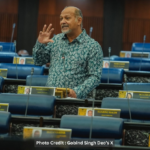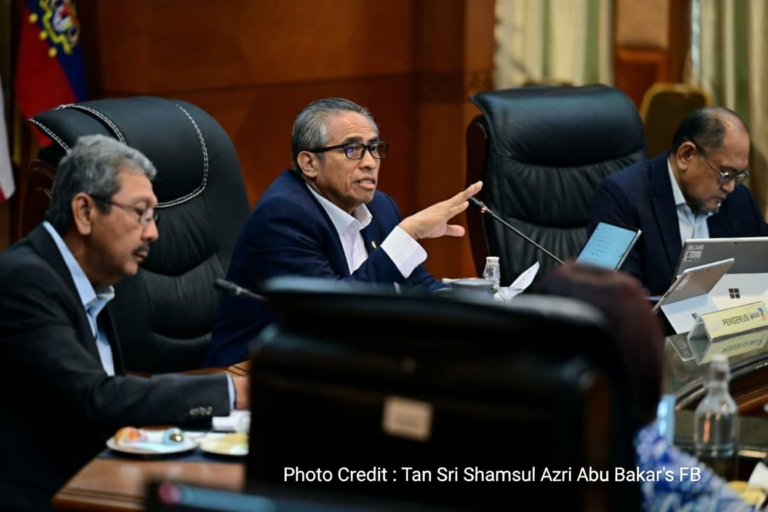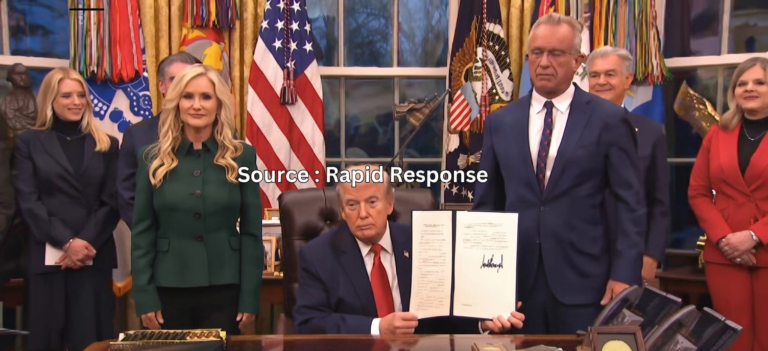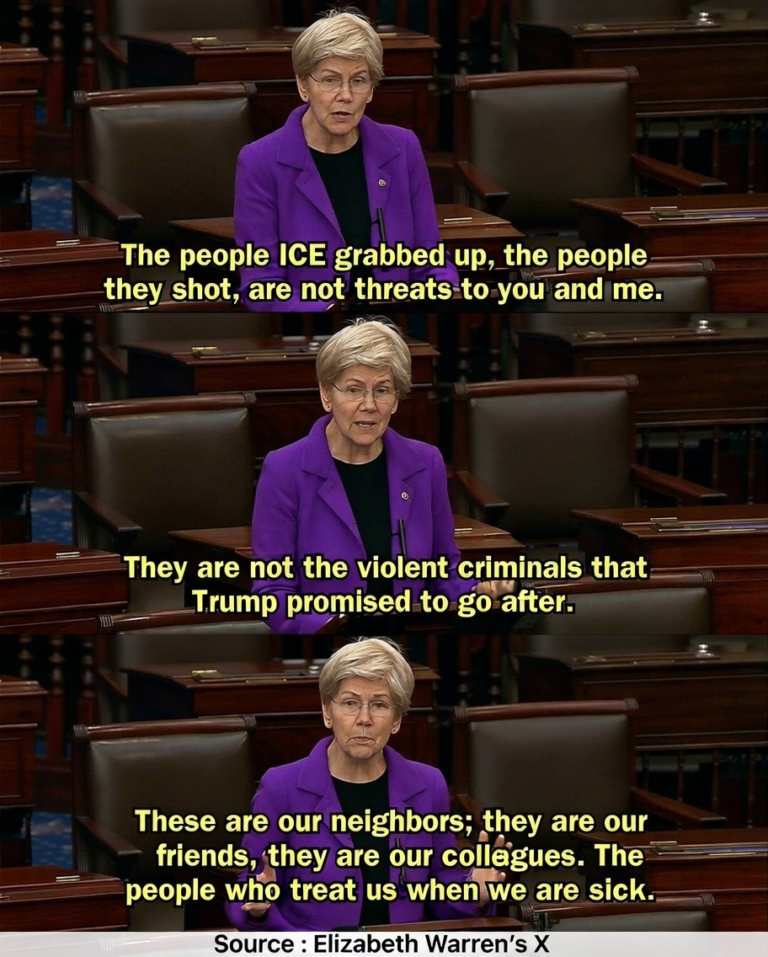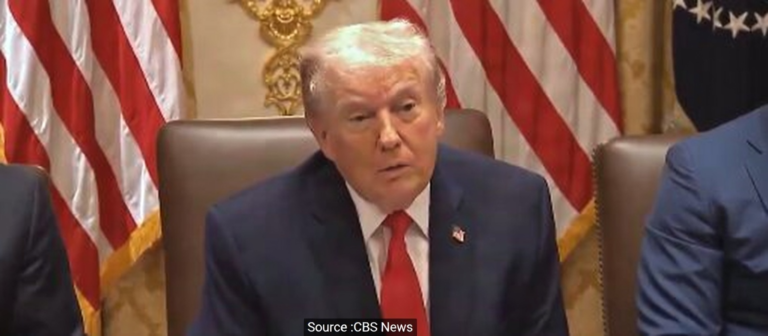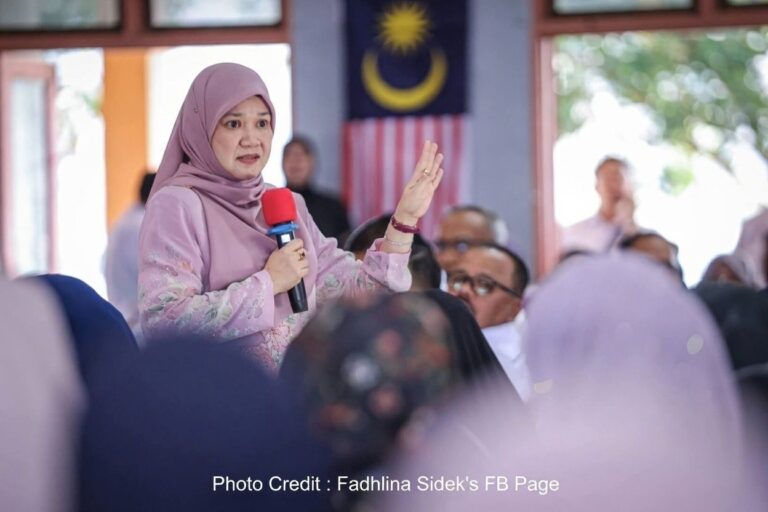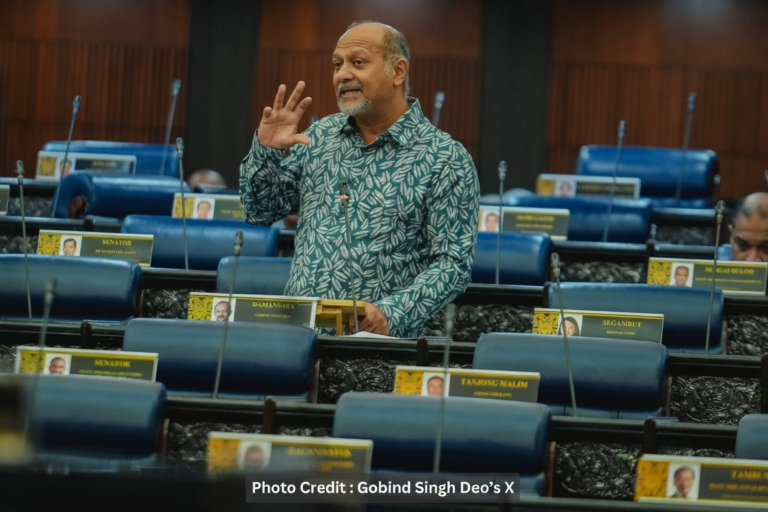

NEW YORK, Sep 24, 2025 – In a video address to the United Nations Climate Summit, Chinese President Xi Jinping announced his country’s first-ever absolute target for greenhouse gas reductions, aiming to slash economy-wide emissions by 7% to 10% from peak levels by 2035, while pledging a massive expansion in renewables and calling for developed nations to take the lead on funding and cuts.
The pledge, delivered remotely on the 10th anniversary of the Paris Agreement, marks a milestone for China—the world’s largest emitter—as it commits to economy-wide net reductions covering all sectors and gases for the first time, aligning with commitments from the July EU-China summit to submit full 2035 climate plans ahead of COP30 in Brazil. Xi outlined ambitious supporting goals: boosting non-fossil fuels to over 30% of energy consumption; expanding wind and solar capacity sixfold from 2020 levels to more than 3,600 gigawatts; growing forest stock to over 24 billion cubic meters; making new energy vehicles the mainstream in new car sales; and extending the national carbon trading market to major high-emission industries like steel and cement.
“These targets represent China’s best efforts based on the requirements of the Paris Agreement,” Xi said, emphasizing the need for an “open international environment” to achieve them. He framed the announcement around three principles: firming up global confidence in green transitions despite “some country acting against it”—a veiled reference to U.S. President Donald Trump’s recent UN General Assembly speech dismissing green energy as a “con job” and wind turbines as “pathetic”; upholding “common but differentiated responsibilities” where developed nations lead emissions cuts and provide financial, technological support to the Global South; and deepening cooperation on green technologies to avoid supply chain shortfalls and ensure equitable access to clean products.
The targets drew swift praise from Beijing but sharp criticism from climate experts, who argued they fall far short of what’s needed to limit warming to 1.5°C under the Paris goals. “China’s plans to cut emissions by between 7% and 10% of their peak by 2035—a long way from the 30% cut that experts said was feasible and necessary,” the Guardian reported, citing analysts who warn the modest goal risks derailing global efforts and undermining China’s own 2060 carbon neutrality pledge. Bernice Lee, a distinguished fellow at Chatham House, echoed this in BBC analysis, noting the target “simply isn’t representative of the pace of the energy transition in the country,” given China’s rapid renewables rollout already outpacing many peers.
Xi’s remarks, broadcast with a backdrop of the Great Wall and misty mountains, came amid heightened U.S.-China tensions over trade and technology, just hours after Trump’s 55-minute UNGA address laced with climate denialism and attacks on multilateral accords. The Chinese Embassy in Washington highlighted the speech on X, garnering over 7,700 views and mixed reactions, from supportive nods to skeptical jabs questioning Beijing’s environmental track record.
As the summit wraps up alongside the UN General Assembly, Xi’s call for “concrete actions” underscores the yawning North-South divide: while the EU eyes 66-72% emissions cuts by 2035, China’s pledge—though historic—highlights the delicate balance between ambition and economic realities in the fight against planetary catastrophe. The full text of Xi’s remarks is available on the Chinese Embassy website.




